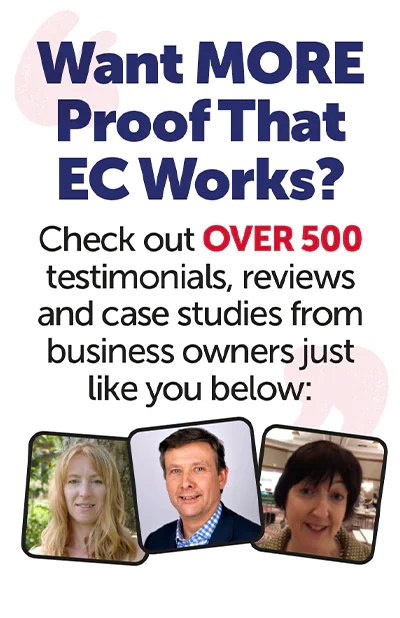
Think you know your ideal customer? Well here, Club member and copy expert Martin Gladdish explains why, if you’re not asking the right questions, you might not know them as well as you think…
The big question: Why should I (your ideal customer) choose to do business with you over any of your competitors?
And before you answer, remember that when your ideal customer is deciding whether or not to work with you, there are only ever three other options available to them:
- Stay as they are and do nothing
- Choose another supplier because they are cheaper
- Choose another supplier because they perceive them to be better
Big questions are best answered by asking smart questions first, not by simply giving the same answers as everyone else (‘we give great service’, ‘have years of experience’, ‘are competitively priced’, blah, blah, blah…)
The first smart question to ask is not actually ‘what’s your USP?’ at all but rather: ‘Who is your ideal customer?’
The second smart question is: ‘What does your ideal customer really want?’
And the third smart question is: ‘What is the best way to tell your ideal customer that you are the answer?’
You see, your USP is not actually what you do but rather the WAY in which you decide to answer the big question.
Most people believe that USP stands for ‘Unique Selling Point’ and describes the thing that you do, which none of your competitors do.
In actual fact, ‘USP’ was a term invented in the 1940s by Rosser Reeves of Ted Bates & Company to describe how some marketing campaigns were more effective than others. It originally stood for ‘Unique Selling Proposition’ and, as we all know, a ‘proposition’ is all about the message (a very big difference).
But hang on, I fear I may have got a little ahead of myself with my little swerve into marketing history there. After all, there’s no point in creating and telling a compelling story unless you’re very clear whose ears are going to hear it… for example:
Story 1
There’s a man in my street who has been off work for three months with an Achilles problem – although he’s still able to do some of his charity work.
John’s a lovely chap and used to spend hours out in the garden during his spare time, landscaping, planting and even laid his own elaborate decking.
He said it relaxed him and took his mind of the stress of his job – even if his colleagues did give him a bit of a hard time for having such a hobby. Anyway, the reason I am writing is because he’s looking for some help in his garden this weekend and I was wondering if you might be able to free up a few hours to lend a hand.
Story 2
A friend of mine is looking for help with some gardening and, although I know that it is not really your thing, I thought you might be interested because he is a professional footballer and plays for Watford FC.
I thought that might get your attention. Anyway, he’s been out of action with an injury for three months and isn’t really supposed to do any heavy lifting so I mentioned that you might be up for helping.
He already does a lot of work with the club’s youth team so I’m sure he’d give you some great advice on who to speak to about a trial. What do you think?
Which do you think is the better story? In truth, it’s pretty hard to pick one without knowing who will be reading it. I mean, it goes without saying that sending the first request to a football mad teenager with great aspirations would be as pointless as sending the second to a retired gardener who spends all his free time doing charitable deeds. But send them to the right people and you are almost guaranteed a result…
Nigel often talks about the ‘Market, Message, Media’ approach to crafting your marketing and hopefully this article will provoke you to dig a bit deeper into the two most important parts of that process. And please, please get them in the right order: never put pen to paper or finger to keyboard without first identifying exactly ‘who’ you are writing to!
So, back to the big question and how to unlock the smart answers that will allow you to uncover your perfect proposition. Here are the answers:
- Stop thinking about ‘what’ you want to sell and start thinking about ‘who’ might want to buy from you
- Apply focused thought to identifying the real want or need that you solve for them (physically or emotionally)
- Find a story, case study or some kind of social proof that will make you stand out as the only option worth choosing.
The only true USP is one that tells the right story to the right person.


